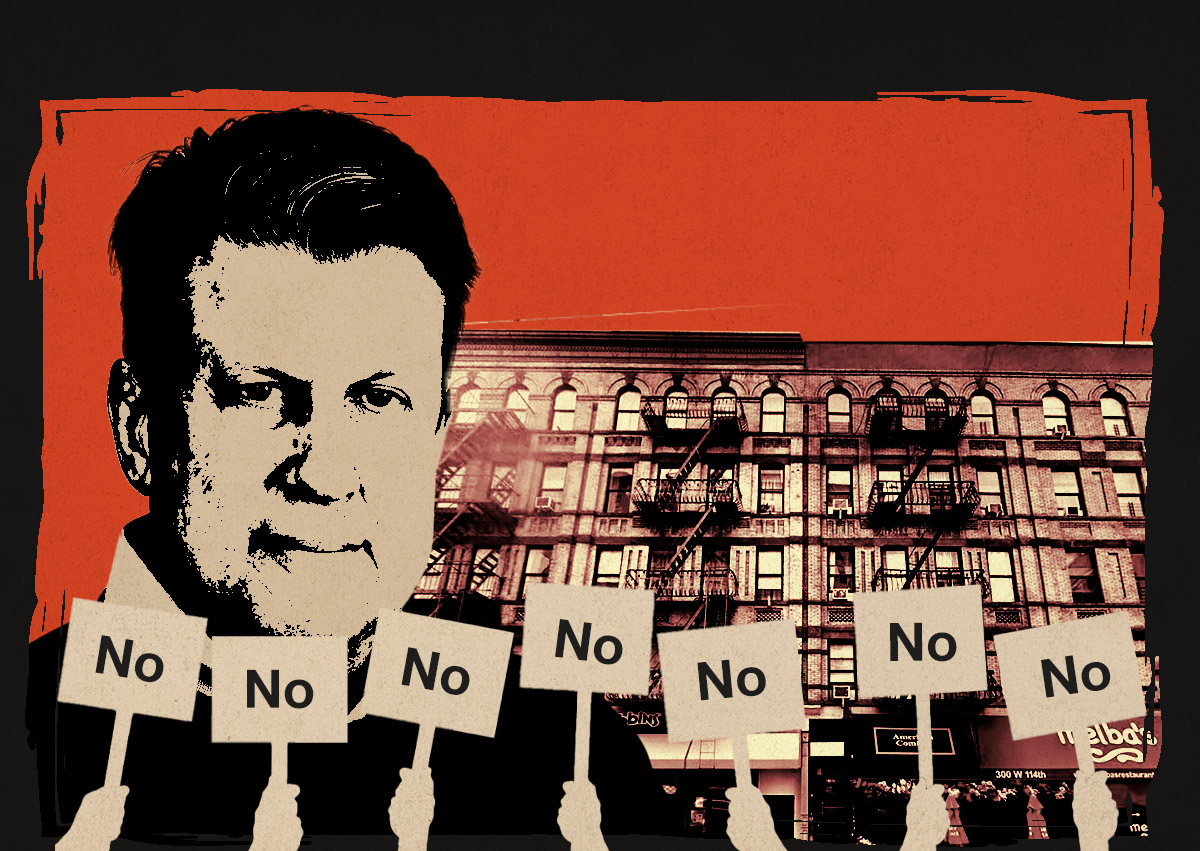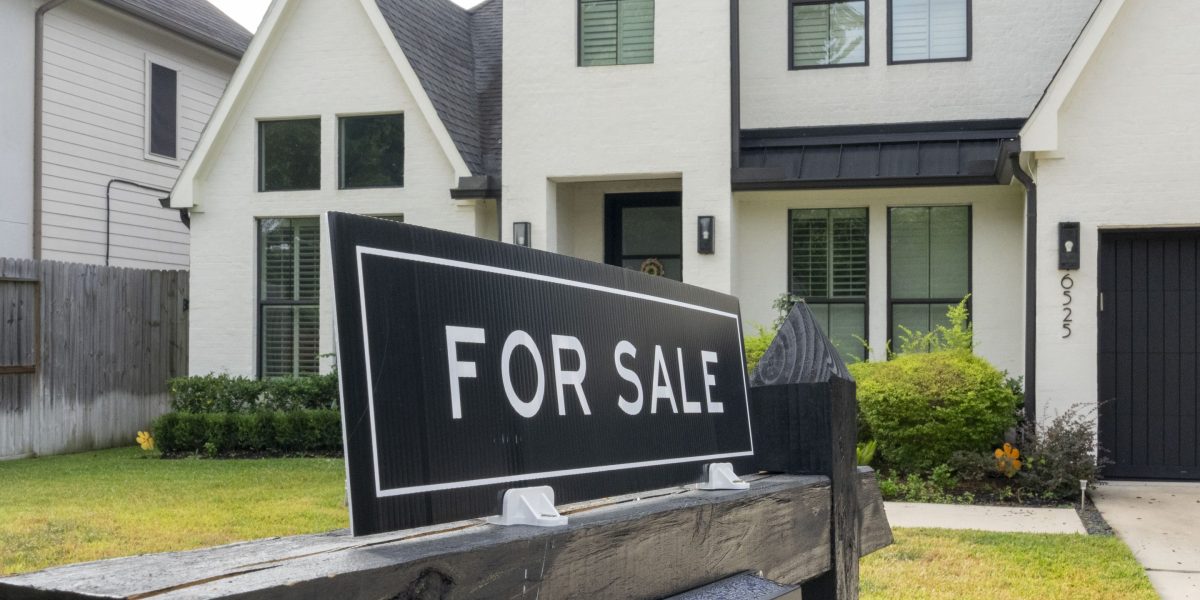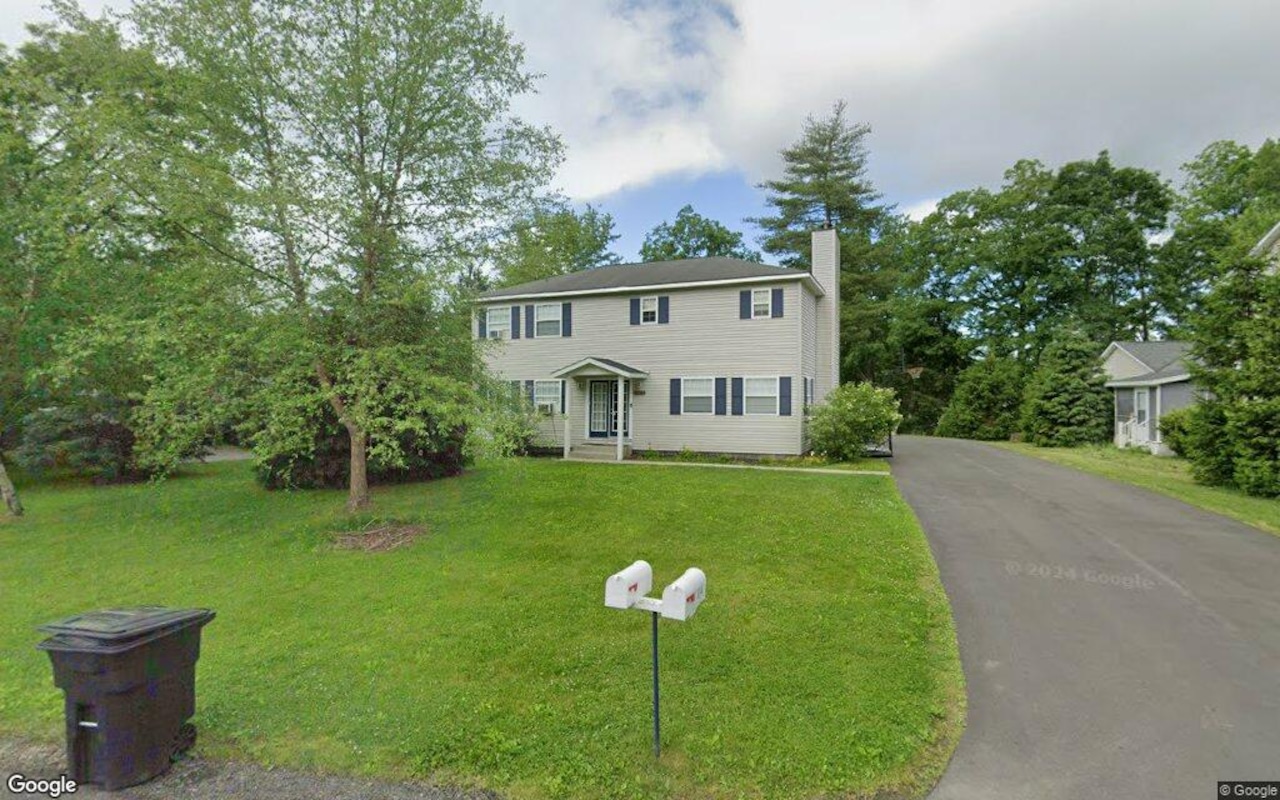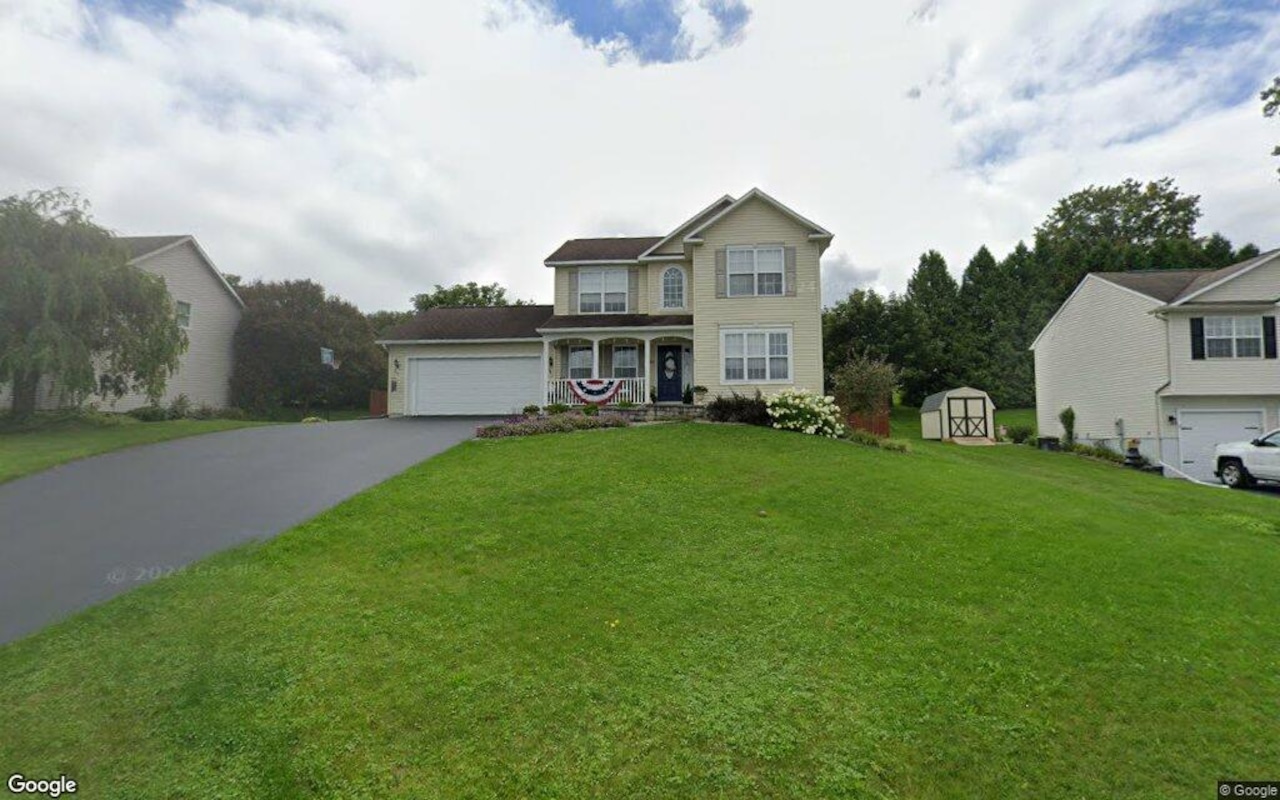S
ugar Hill Capital Partners faced significant challenges due to the 2019 rent law, which negatively impacted their multifamily holdings. Despite building out their rent-stabilized assets months before the legislation was passed, foreclosure filings were prevalent in their Upper Manhattan portfolio by 2023. Some of these assets are now being auctioned off due to Sugar Hill's inability to meet their financial obligations. Investors have shown little interest in bidding against lenders, resulting in low-priced sales. For example, a century-old Harlem walk-up at 2107 Frederick Douglass Boulevard sold for just $1,000 in a recent auction, indicating that the lender took back the property through a credit bid. The lender, who is a CMBS bondholder in this case, was seeking $4.4 million to recover their principal, default interest, and fees.
Sugar Hill declined to comment on the situation, but industry experts suggest that the investment potential for prospective bidders is minimal. The company had purchased the building for $3.8 million in late 2018 as part of a 55-building deal valued at $250 million. Since then, rents have remained stagnant or even decreased due to the Rent Guidelines Board's lag in increasing rent rates, which has not kept pace with the rise in operating costs. According to the board's count, operating costs have increased by 23 percent since 2019. Industry insiders estimate the rise to be much sharper.
The value of majority rent-stabilized buildings has significantly decreased, with peer properties selling at discounts of 20 to 60 percent in the second quarter, according to Ariel Property Advisors. A source familiar with the Fredrick Douglass foreclosure believes that the building and others in the Sugar Hill portfolio are now worth less than their debt. Jay Martin, head of the landlord group the Community Housing Improvement Program, agrees, stating that buildings like these are no longer viewed as investments but rather as liabilities.
The foreclosure of rent-stabilized properties can sometimes result in low-priced sales, making them more attractive to potential buyers. However, some properties are so undesirable that they cannot be moved at all, which is a worst-case scenario for lenders. This situation has led some observers to describe it as "purgatory."
In conclusion, the rent law has had a significant impact on rent-stabilized properties, causing their value to plummet and making them undesirable investments. The burden of maintaining these buildings now lies with bondholders and their special servicers, who likely realize that the asset class has little hope of recovering its past value. A rollback of the rent law is considered a long shot at best.














